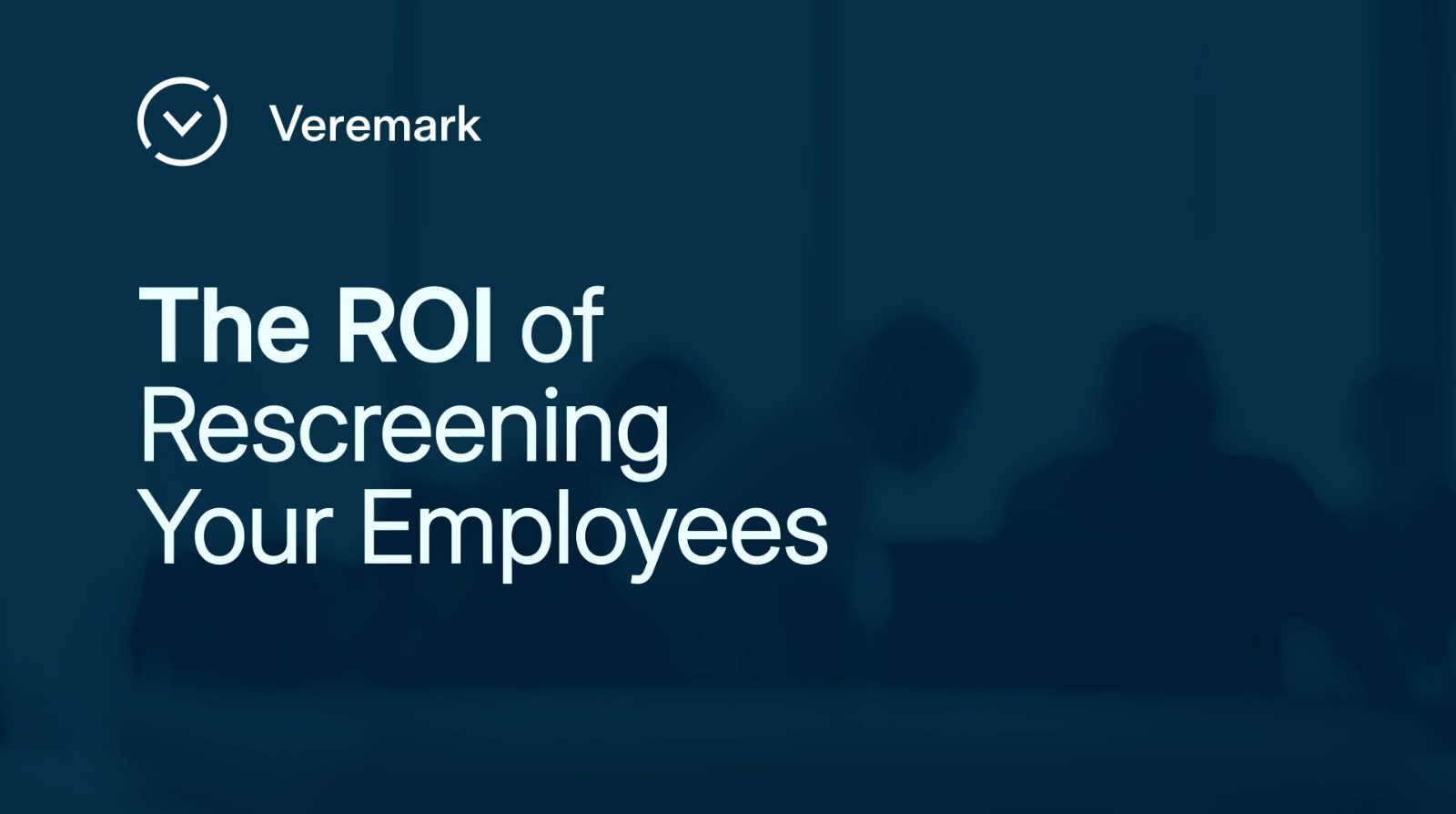Managing Freelancer Compliance at Scale: Lessons from Leaders

Freelancers are no longer on the fringes of the workforce. More than half of companies say they have increased their use of freelancers in the past three years, driven by the need for flexibility, speed, and access to global talent. At the same time, businesses face growing challenges in ensuring compliance across borders.
A recent webinar, Managing Freelancer Compliance at Scale, brought together voices from Remote, Veremark, and Hoogle.ai to explore how companies can grow with freelancers without opening themselves up to risk. The discussion highlighted both the opportunities freelancers provide and the pitfalls that can undermine a business if compliance is not addressed early.
The Growing Role of Freelancers
Freelancers are now a critical part of how companies build teams. In the United States, demand is strong in technology and creative fields. In Europe, freelancers are often hired for short‑term projects tied to seasonal contracts. In Asia‑Pacific, startups working with lean budgets frequently rely on freelancers for essential tasks such as design and marketing.
Across these markets, the attraction is clear: companies can move quickly and bring in highly skilled talent without long recruitment cycles. But speed can come at a cost if compliance is treated as an afterthought.
Misclassification: A Common but Overlooked Risk
Misclassification remains one of the most frequent compliance challenges. Research shows that 40 percent of freelancers report having been misclassified, while only 36 percent of companies admit to doing so. The risk often stems not from bad intent, but from a lack of awareness of local laws and how work arrangements are structured.
Misclassification is not defined by a single factor but by patterns of treatment. Providing company equipment, offering regular salaries, or limiting a freelancer’s ability to take on other work are all indicators regulators may use to determine that someone is effectively an employee. Even small decisions, such as access to office facilities, can carry weight if they create the impression of permanent employment.
Fraud and the Rise of Identity Risks
The panel also discussed the rise of fraudulent cases in freelance hiring. One striking example was an engineer in Silicon Valley who convinced more than ten companies to hire him, despite fabricating his qualifications. In some cases, he subcontracted work without the knowledge of the hiring companies.
With AI tools making it easier to forge documents or present false credentials, companies face an environment where traditional trust signals are less reliable. Identity verification and background checks are increasingly seen as essential, not optional.
Balancing Cost and Compliance
For many businesses, especially startups, cost remains a concern. The speakers noted that compliance checks do not need to be one‑size‑fits‑all. Instead, they can be scaled according to the level of risk a freelancer poses.
- For roles with access to sensitive systems or intellectual property, comprehensive background checks and police clearances may be justified.
- For short‑term, low‑risk projects, identity verification or reference checks may be sufficient.
What matters most is making a conscious decision rather than leaving risk unassessed. As one speaker put it, the cost of not screening is almost always higher than the cost of screening.
Local Laws: A Moving Target
One challenge raised during the session is the wide variation in how different countries interpret freelancer arrangements. Deliveroo’s global operations were cited as an example. In the United Kingdom, riders were considered self‑employed and not entitled to union rights. In Singapore, similar workers now receive CPF contributions, while in the Netherlands, they are treated as employees.
Founders and executives often discover these differences only after problems arise. The consensus was that engaging local experts or platforms that specialize in compliance can help companies avoid costly surprises.
Building Compliance into Growth
The overarching recommendation from the panel was clear: compliance should be integrated into workflows from the beginning. Documenting key decisions, verifying credentials before granting access, and using platforms to track obligations can create a scalable system that supports both growth and trust.
Compliance is not just about avoiding penalties. It influences investor confidence, customer trust, and the ability to retain talent. As the speakers noted, companies that approach freelancer hiring strategically are better positioned to grow sustainably and compete for top talent worldwide.
Watch the full discussion:
For more examples, case studies, and practical advice from the panel, the full Managing Freelancer Compliance at Scale webinar is now available on demand.
FAQs
This depends on the industry and type of role you are recruiting for. To determine whether you need reference checks, identity checks, bankruptcy checks, civil background checks, credit checks for employment or any of the other background checks we offer, chat to our team of dedicated account managers.
Many industries have compliance-related employment check requirements. And even if your industry doesn’t, remember that your staff have access to assets and data that must be protected. When you employ a new staff member you need to be certain that they have the best interests of your business at heart. Carrying out comprehensive background checking helps mitigate risk and ensures a safer hiring decision.
Again, this depends on the type of checks you need. Simple identity checks can be carried out in as little as a few hours but a worldwide criminal background check for instance might take several weeks. A simple pre-employment check package takes around a week. Our account managers are specialists and can provide detailed information into which checks you need and how long they will take.
All Veremark checks are carried out online and digitally. This eliminates the need to collect, store and manage paper documents and information making the process faster, more efficient and ensures complete safety of candidate data and documents.
In a competitive marketplace, making the right hiring decisions is key to the success of your company. Employment background checks enables you to understand more about your candidates before making crucial decisions which can have either beneficial or catastrophic effects on your business.
Background checks not only provide useful insights into a candidate’s work history, skills and education, but they can also offer richer detail into someone’s personality and character traits. This gives you a huge advantage when considering who to hire. Background checking also ensures that candidates are legally allowed to carry out certain roles, failed criminal and credit checks could prevent them from working with vulnerable people or in a financial function.
Trusted by the world's best workplaces






APPROVED BY INDUSTRY EXPERTS
.png)
.png)




and Loved by reviewers
Transform your hiring process
Request a discovery session with one of our background screening experts today.





.webp)
